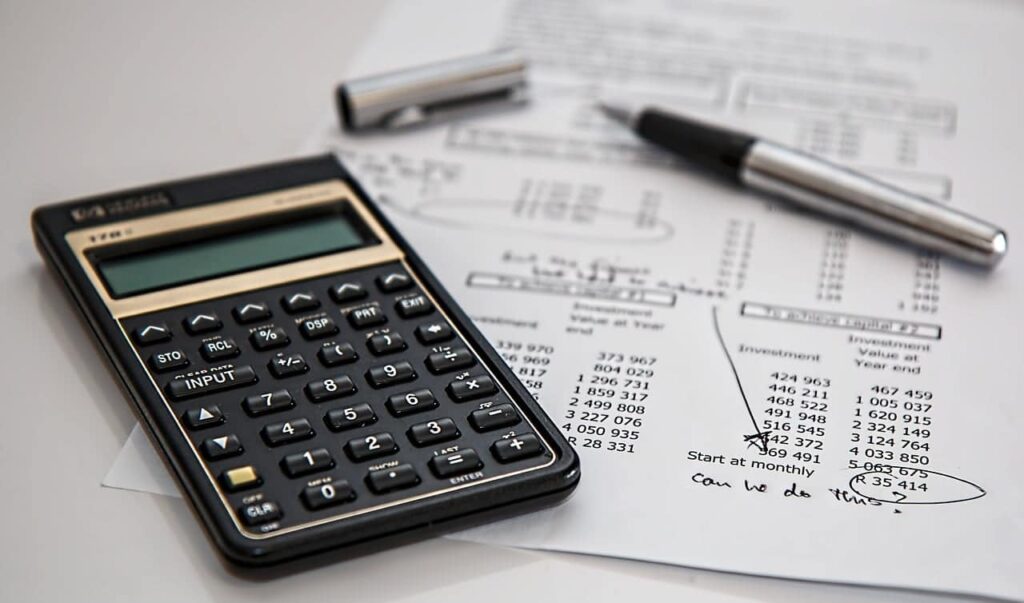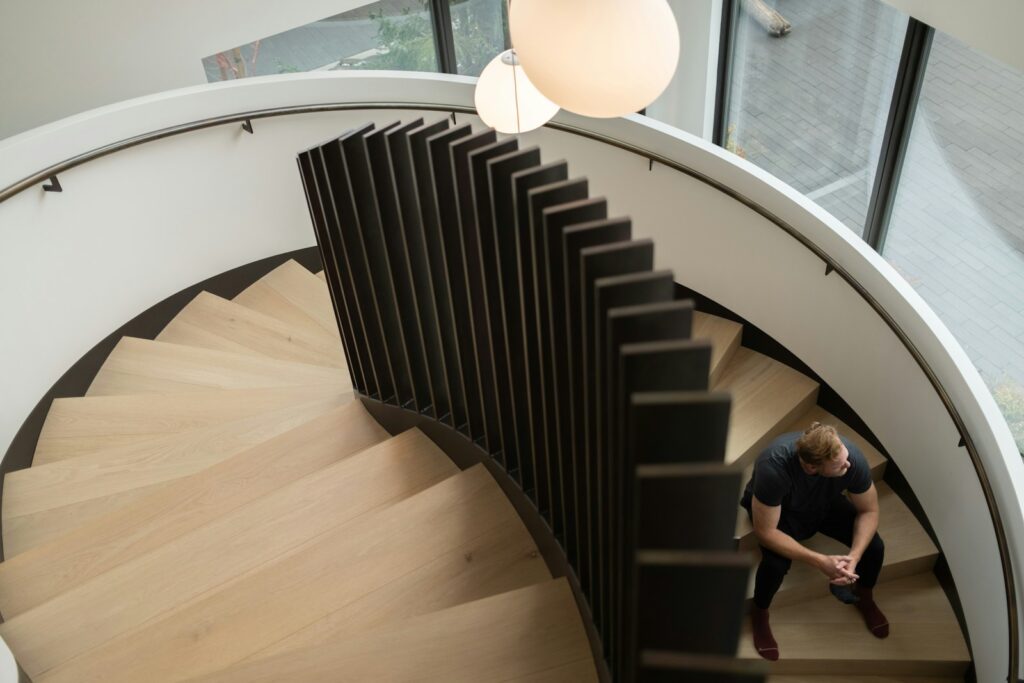For good understanding auctions It is therefore essential to be familiar with their principles and definitions. More specifically, sales by auction are governed by the following rules precise legal framework. The people involved and the procedures vary according to the nature of the sale - voluntary or judicial. Here's what you need to know about this special legal mechanism.
1. Qualified professionals
Voluntary sales
Several professionals can organise these sales:
- Voluntary auctioneers Qualification requirements: They must satisfy the qualification requirements set out in article L. 321-4 of the French Commercial Code. Candidates must complete a two-year training course including practical and theoretical training, and then pass a final aptitude test. The activity is subject to prior declaration to the Conseil des Maisons de Vente.
- Notaries Auctioneers: They can conduct voluntary sales of furniture by public auction in municipalities without a commissioner. This option requires 60 hours of specific training provided by the Conseil des Maisons de Vente. This activity remains ancillary to their office.
- Judicial commissioners Auctioneers: The result of the merger between bailiffs and auctioneers, they can also conduct these sales after completing a one-year training course and an internship with a voluntary auctioneer.
Judicial sales
These sales concern judicial public auctions prescribed by law or court order:
- Judicial commissioners Auctioneers: They have a monopoly on inventories, auctions and public auctions of tangible or intangible movable property ordered by law or by court order (article 1, I, of Order no. 2016-728 of 2 June 2016).
- Notaries In certain cases, they may be appointed to sell goods after a court-ordered liquidation or cessation of trading.
- Sworn brokers Auctioneers: Auctioneers are responsible for public auctions of wholesale goods required by law or court order. In particular, they are responsible for sales of wholesale goods authorised by the Commercial Court, sales of goods in compulsory liquidation, or the realisation of a pledge constituted as security for a professional debt.
2. Securities auction procedure
Conducting auctions
Sales may take place in an auction room, at the owner's home or elsewhere. In the case of seized goods (saisie-vente), the sale takes place either at the place where the goods are located or in an appropriate auction room to encourage competition.
The auctioneer announces the general terms and conditions, then puts the lots up for sale, indicating the initial bid. In judicial sales, the auctioneer may lower the starting price if there are no bidders, the aim being to sell the item. In voluntary sales, the seller may impose a "reserve price" below which the item is withdrawn.
Bids are placed by the bidders themselves, generally out loud, but other methods are permitted: hand signals, telephone bids or written purchase orders. The auctioneer is responsible for policing the sales and may exclude anyone who disrupts the auction.
Award
The auction marks the formation of the sale contract and the transfer of ownership. It is awarded to the last bidder after the auctioneer has pronounced the word "adjugé" (sold). Article R. 221-38 of the Code des procédures civiles d'exécution (French Code of Civil Enforcement Procedures) provides for three successive calls for bids before the auction.
In the event of simultaneous bids, the general terms and conditions of sale generally provide for the property to be reoffered for sale. The auction is final, as overbidding is not permitted in the case of movable property (with exceptions for businesses, boats, ships or aircraft).
Minutes of sale
The sales officer will draw up a report at once, mentioning :
- Each auctioned item with its price in words (article 873 of the General Tax Code)
- Items withdrawn from sale and the reason for the withdrawal
- The declared names and residences of the purchasers
- The amount of the last bid for withdrawn items
The minutes drawn up by a public official (court commissioner, notary) constitute an authentic instrument whose personal observations are authentic until they are recorded as false. On the other hand, the report drawn up by a voluntary sales operator does not have the value of an authentic instrument, even if its alteration may constitute a forgery.
3. Special cases of sales by auction
Sale of a business
The French Commercial Code (articles L. 143-3 et seq.) provides for four types of overall sale of a business:
- Sale on conversion of seizure
- Sale at the request of a registered creditor, on realisation of a pledge
- Sale at the request of an unsecured creditor
- Sale at the request of a registered creditor after notification of a separate sale of parts of the business
The legal proceedings take place before the Commercial Court of the place of business, which appoints a provisional administrator if necessary, sets the upset price and appoints a selling officer.
In the event of a voluntary sale, the registered creditors may request the sale by public auction, offering to increase the principal price by one tenth and providing security or proof of sufficient solvency.
Sale of boats, ships and aircraft
These sales take place either after the property has been seized or after creditors have made a higher bid following a voluntary sale.
For foreclosure sales :
- The enforcement judge sets the upset price and the terms and conditions of the sale.
- Specific advertising is required (posters, legal notices)
- Auctions follow foreclosure rules
For higher bids after a voluntary sale :
- The purchaser must notify the registered creditors of the purge
- Any registered creditor may request the auction by offering to increase the price to one tenth in addition to the purchase price.
- The sale follows the same procedures as a seizure sale
Sale of State property
Assets in the State's private domain are sold by auctioneers, who are civil servants working for the Direction nationale d'interventions domaniales. These sales may also be carried out by voluntary sales operators.
There are three methods of awarding contracts:
- Verbal auctions only
- Written offers in sealed envelopes (bids)
- Combining the two previous systems
If the amount of the bids does not reach the minimum price set by the Administration, the property is withdrawn.
Sale of abandoned household goods
Certain specific situations, such as objects abandoned by professionals or hoteliersThese are subject to special auction procedures to regularise the situation and protect the rights of the parties concerned.
Sale of new goods
Since the liberalisation of certain activities, the auctions of new goodsThe sale of these products, whether wholesale or retail, is now possible within a strict legal framework.
4. The State's right of pre-emption over cultural property
Scope of application
The State has a right of pre-emption over cultural property sold at public auction or by private treaty (article L. 123-1 of the French Heritage Code). This right may be exercised on behalf of a local authority or a legal entity managing a French museum.
Fifteen categories of objects are considered cultural property, including :
- Archaeological objects over a hundred years old
- Decorative elements from buildings
- Paintings, drawings, prints
- Photographs
- Cinematographic works
- Sculptures and statues
- Manuscripts, antiquarian books
- Scientific or historical collections
Exercise procedure
The selling agent must inform the administrative authority at least fifteen days before the sale (or as soon as it is appointed in the case of judicial sales).
The right is exercised immediately after the auction by a declaration recorded in the minutes. The person exercising this right must not announce his intention beforehand, in order to avoid distorting the bidding.
The final decision of the Minister of Culture must be made within two weeks. The State may withdraw its pre-emption within this period, in which case the original successful bidder is still obliged to take the object at the auction price.
This mechanism enables the State to protect the national heritage by acquiring significant cultural assets for sale, while respecting the rules of the market.
If you have any questions or require legal assistance in connection with these auctions, particularly in relation to seizures or enforcement procedures, you can call on the expertise of an expert in the field. lawyer specialising in enforcement procedures is essential if you are to take the right steps.




